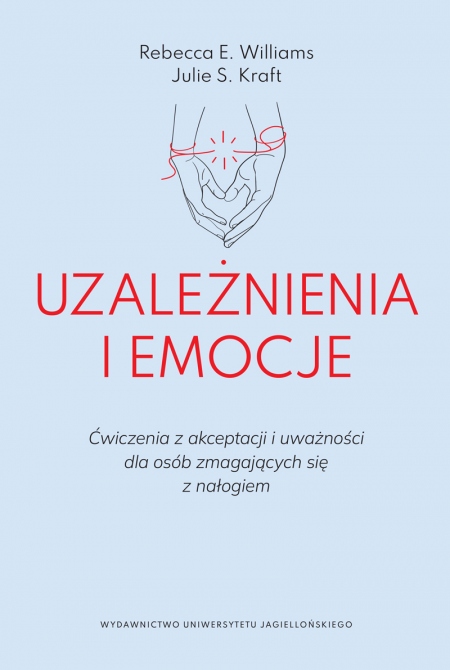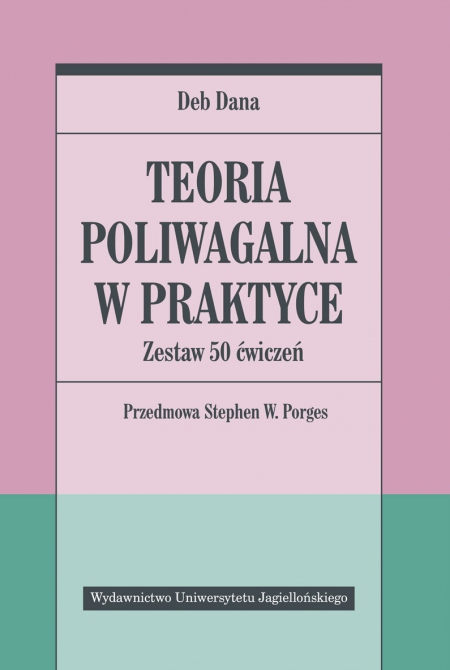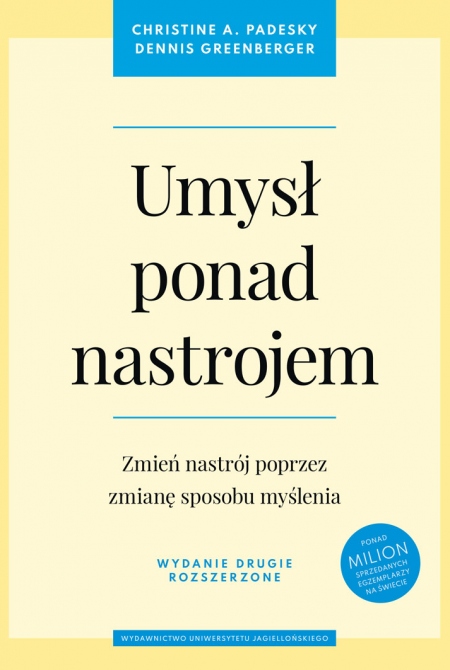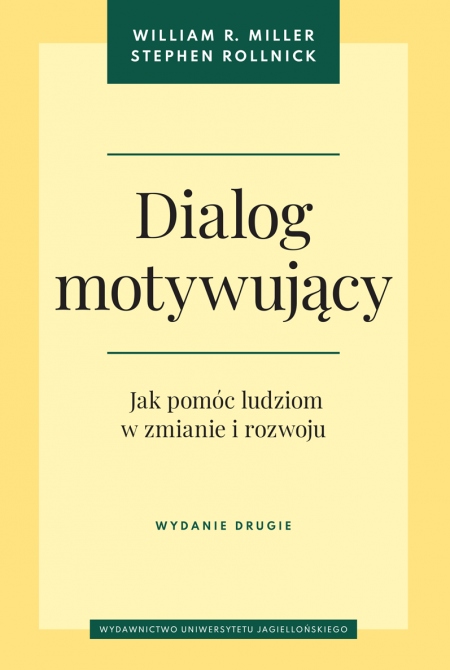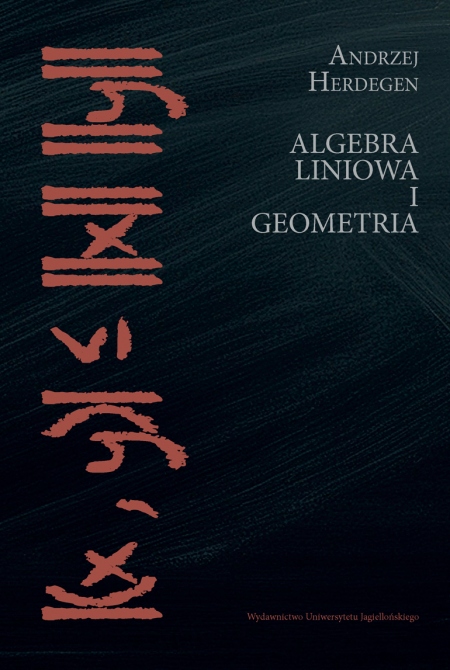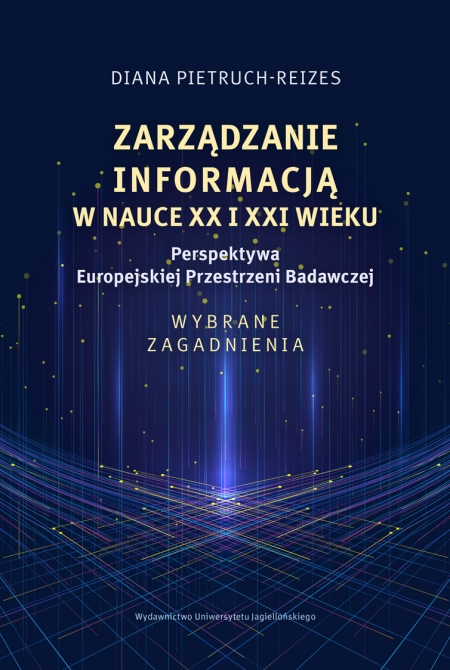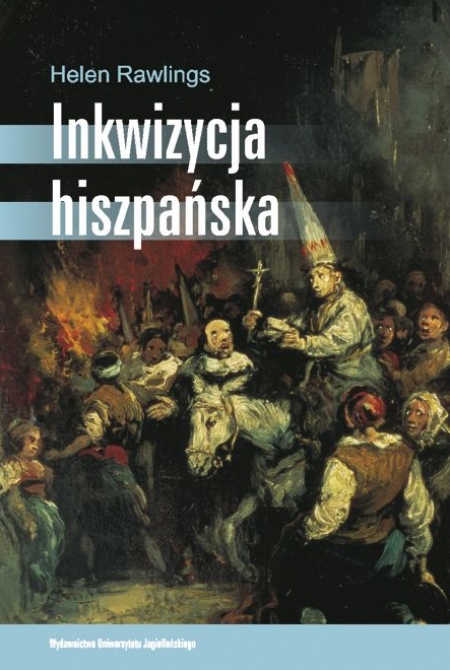
Inkwizycja hiszpańska
Translation: Maciej Piątek
Series: Historiai
Pages: 212
Book format: B5
Publication date: 2009
Release date: 01.12.2009
Book description
The Spanish Inquisition
Drawing on the latest research by American, British and European scholars, this book challenges the reputation of the Spanish Inquisition as an instrument of religious persecution, torture and repression.
The author traces the history of the Spanish Inquisition from 1478 when it was founded, through its agenda against dissenters, to its demise and abolition in the early nineteenth century. Taking account of the work of a new generation of international historians, she demonstrates that the Inquisition was a far less brutal instrument of control than hitherto envisaged, that torture and the death penalty were only rarely applied, and then almost exclusively during the early years of its history. The book also draws attention to the wider role of the Inquisition as an educative force in society that strengthened the bonds between church and state.
Drawing on the latest research by American, British and European scholars, this book challenges the reputation of the Spanish Inquisition as an instrument of religious persecution, torture and repression.
The author traces the history of the Spanish Inquisition from 1478 when it was founded, through its agenda against dissenters, to its demise and abolition in the early nineteenth century. Taking account of the work of a new generation of international historians, she demonstrates that the Inquisition was a far less brutal instrument of control than hitherto envisaged, that torture and the death penalty were only rarely applied, and then almost exclusively during the early years of its history. The book also draws attention to the wider role of the Inquisition as an educative force in society that strengthened the bonds between church and state.
Authors
Helen Rawlings
Translation
Maciej Piątek
ISBN: 978-83-233-2767-7
Country of producer: Poland
RECOMMENDED BOOKS
65.00
zł
52.00
zł
NEW BOOKS

Inkwizycja hiszpańska
Choose chapters to buy:
Order value:
0.00 zł
